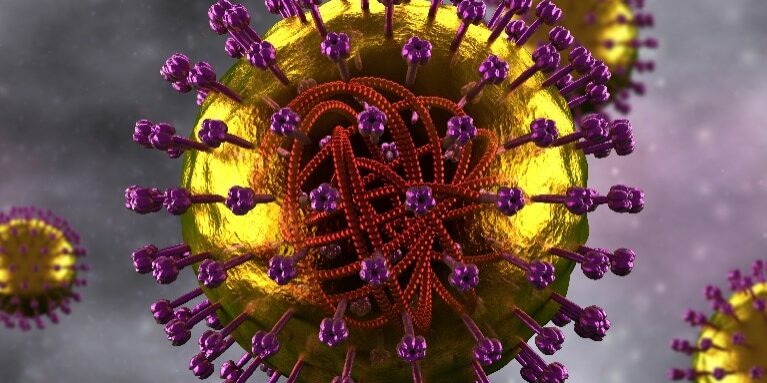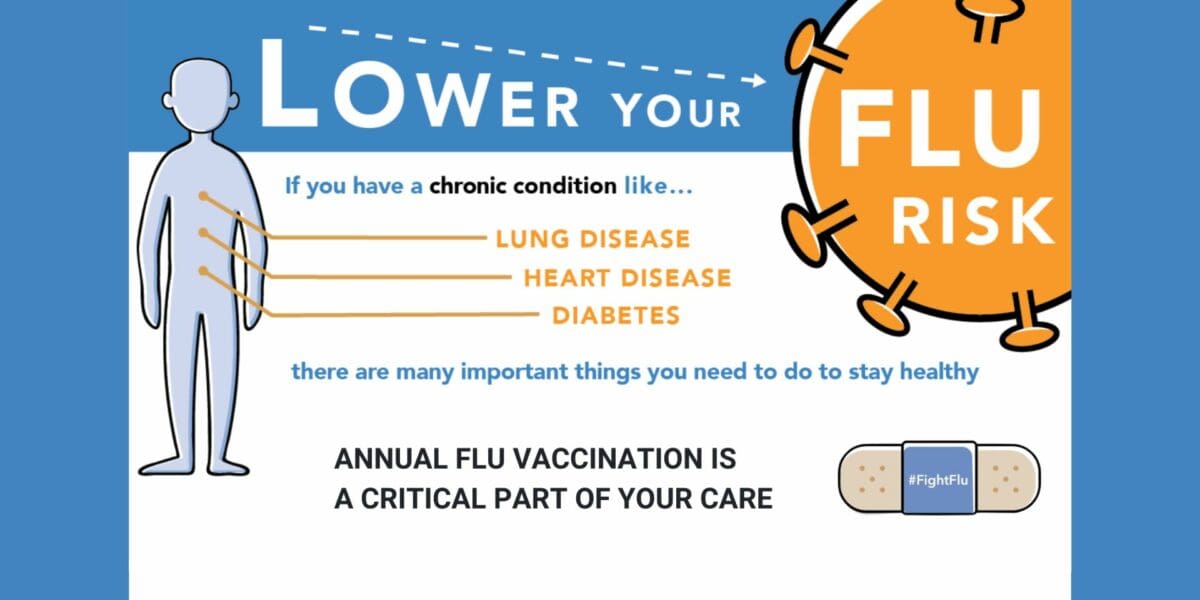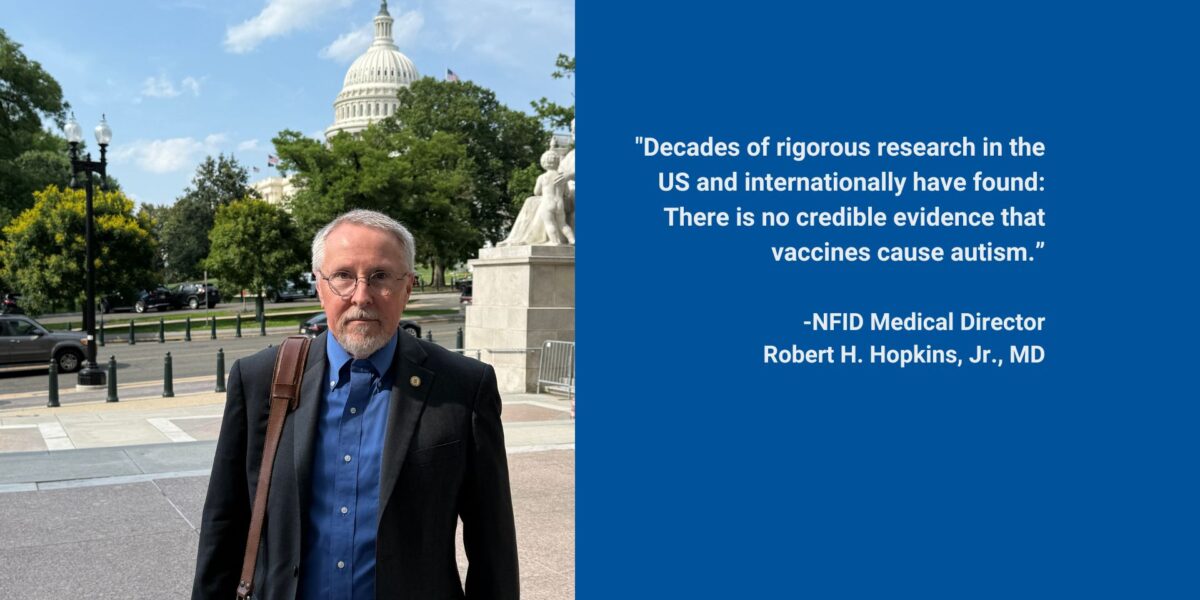Recent Press Releases
NFID Calls for Evidence-Based Guidance as Many People Skip Life-Saving Respiratory Vaccines
Survey reveals misconceptions about vaccines and declining vaccination rates
National Health Organizations: Flu Shots Critical for Individuals with Diabetes, Heart, and Lung Disease
During National Influenza Vaccination Week, experts encourage everyone age 6 months and older to get vaccinated to reduce risk of severe illness and hospitalization
NFID Calls for Scientific Integrity and Transparency in CDC Communications
Decades of rigorous research in the US and internationally have found no credible evidence that vaccines cause autism.




